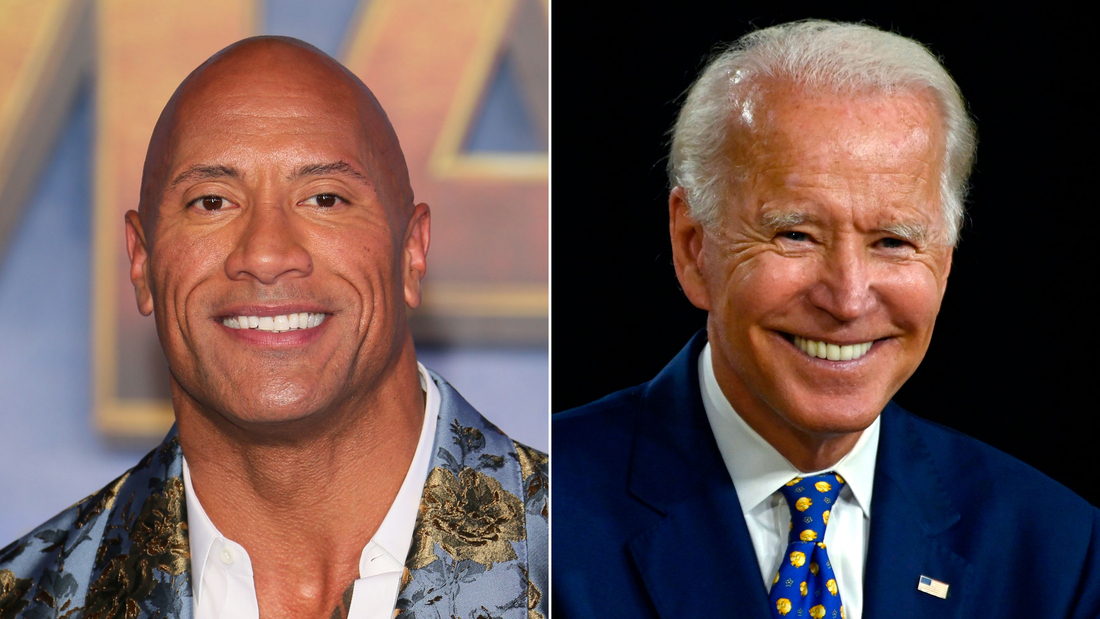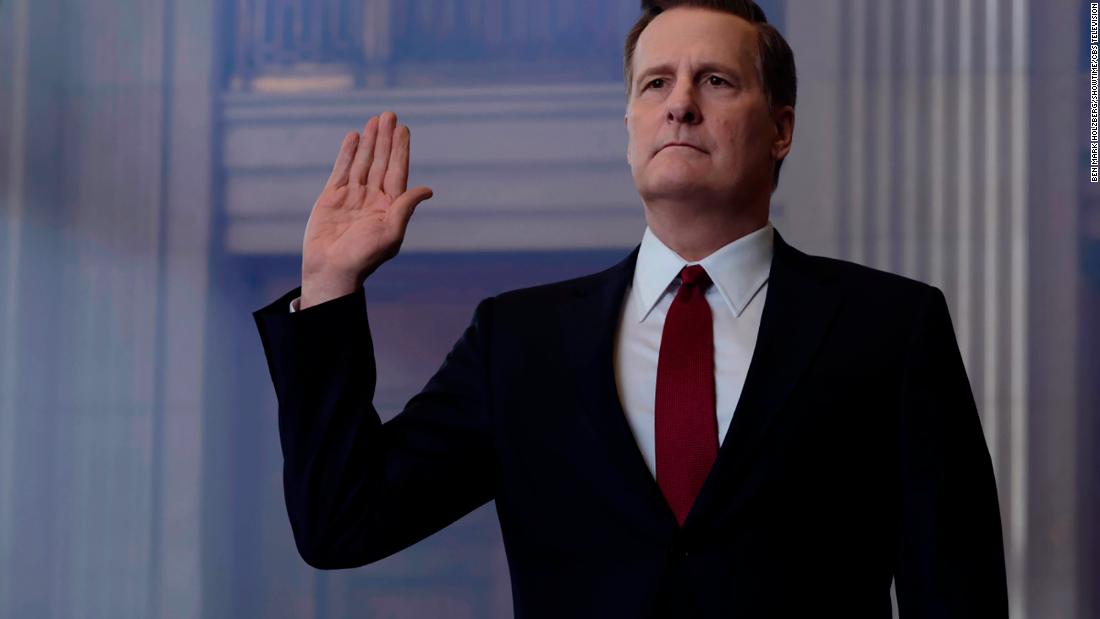 Image copyright
Getty Images
Image caption
Indoor performances, with socially distanced audiences, can resume in England from 1 August
Image copyright
Getty Images
Image caption
Indoor performances, with socially distanced audiences, can resume in England from 1 August
The government has been too slow to respond to the "existential threat" faced by live theatre, music and other culture, a committee of MPs has said.
Minsiters "consistently failed to recognise" the challenges Covid-19 posed to the arts, the House of Commons culture select committee said.
Chair Julian Knight MP said a £1.57bn support package was "nothing more than an Elastoplast over a gaping wound".
The government insisted it had "worked with urgency" to provide support.
The Department for Digital, Culture, Media and Sport (DCMS) disagreed that it had been too slow, saying thousands of organisations and hundreds of thousands of jobs in the sector had been saved by its furlough and loan schemes.
The DCMS also pointed to the "largest ever one-off cash injection into culture", which was welcomed by many figures in the arts when it was announced earlier this month.
However, the national advisory body for theatres has warned that a "significant proportion" of theatres are expected to close due to the coronavirus crisis.
In written evidence to the committee, Andrew Lloyd Webber's Really Useful Group confirmed it was losing more than £6 million a week in box office sales, with shows including London productions of Cinderella, Evita and The Phantom Of The Opera, all cancelled or postponed since lockdown.
'A cataclysm in the arts'
Mr Knight, Conservative MP for Solihull, told BBC arts editor Will Gompertz: "The reality is we are facing a cataclysm in the arts and cultural space."
What is needed is "not just a bailout" but a "long-term plan" that would enable the sector to "come out the other side", he said.
"What we've seen is a lack of joined-up thinking across government," he went on, suggesting "huge swathes of our cultural infrastructure" are at risk.
The committee said the cultural industries were likely to face mass redundancies. There could be a lasting impact on diversity, opportunities for audiences and workers, and the UK's position as a cultural world leader, it said.
The help available was hampered by the "lack of spending power" at the DCMS, and "a fundamental misunderstanding" of what is needed, the committee said.
Mr Knight said: "Our report points to a department that has been treated as a 'Cinderella' by government when it comes to spending, despite the enormous contribution that the DCMS sectors make to the economy and job creation."
Image copyright Reuters Image caption Shakespeare's Globe in London was among the venues that submitted evidenceThe committee cited evidence that 70% of theatres and production companies could go out of business by the end of 2020, with more than £300m lost in box office revenue in the first 12 weeks of the coronavirus lockdown.
It also pointed to figures suggesting that 93% of grassroots music venues faced permanent closure and that 90% of all festivals would be cancelled this year.
The report recommended a "sector-specific recovery deal", "clear, if conditional, timelines for reopening", and "long-term structural support".
It also called for continued support for workers and freelancers, and help for those who had fallen through the gaps in the current schemes.
Socially distanced audiences
And it said VAT relief on ticket sales should be extended until 2024 and that Theatre Tax Relief should be halved for the next three years.
The Old Vic and Shakespeare's Globe were among those to submit evidence to the committee's inquiry.
Last week it was announced that indoor performances with socially distanced audiences can resume in England from 1 August.
Yet the report said the announcement did not take into account "the lead times for performance, the challenges of social distancing or the concerns about audience behaviours".
Responding to the report, a DCMS statement said: "We have worked with urgency, day-in-day-out since the start of the pandemic in providing support for our sectors and on plans to reopen them safely.
It added: "Our £1.57 billion investment is the largest ever one-off cash injection into culture in this country. We have also worked with our arms length bodies on additional emergency packages and provided billions in support to charities to help those most in need."
Follow us on Facebook, or on Twitter @BBCNewsEnts. If you have a story suggestion email entertainment.news@bbc.co.uk.

 5 years ago
664
5 years ago
664 

